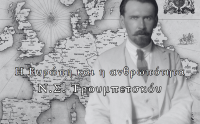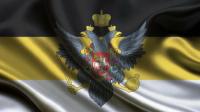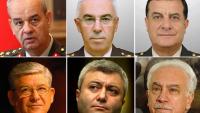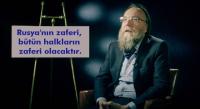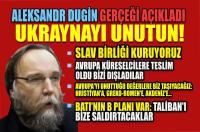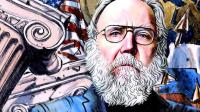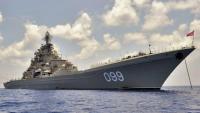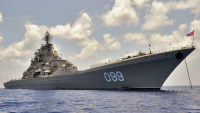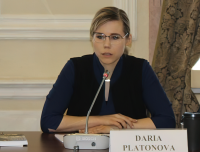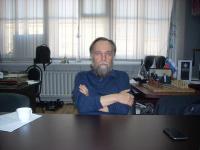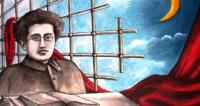Η Ευρώπη και η ανθρωπότητα
Φέρνω το παρόν έργο στην προσοχή του κοινού όχι χωρίς κάποια ανησυχία. Οι ιδέες που εκφράζονται σε αυτό πήραν μορφή στο μυαλό μου πριν από δέκα και πλέον χρόνια. Από τότε τις έχω συζητήσει συχνά με διάφορους ανθρώπους, επιθυμώντας είτε να επαληθεύσω τις δικές μου απόψεις είτε να πείσω άλλους. Πολλές από αυτές τις συζητήσεις και αντιπαραθέσεις ήταν αρκετά χρήσιμες για μένα, διότι με ανάγκασαν να επανεξετάσω τις ιδέες και τα επιχειρήματά μου με μεγαλύτερη λεπτομέρεια και να τους δώσω πρόσθετο βάθος. Όμως οι βασικές μου θέσεις παρέμειναν αμετάβλητες.

